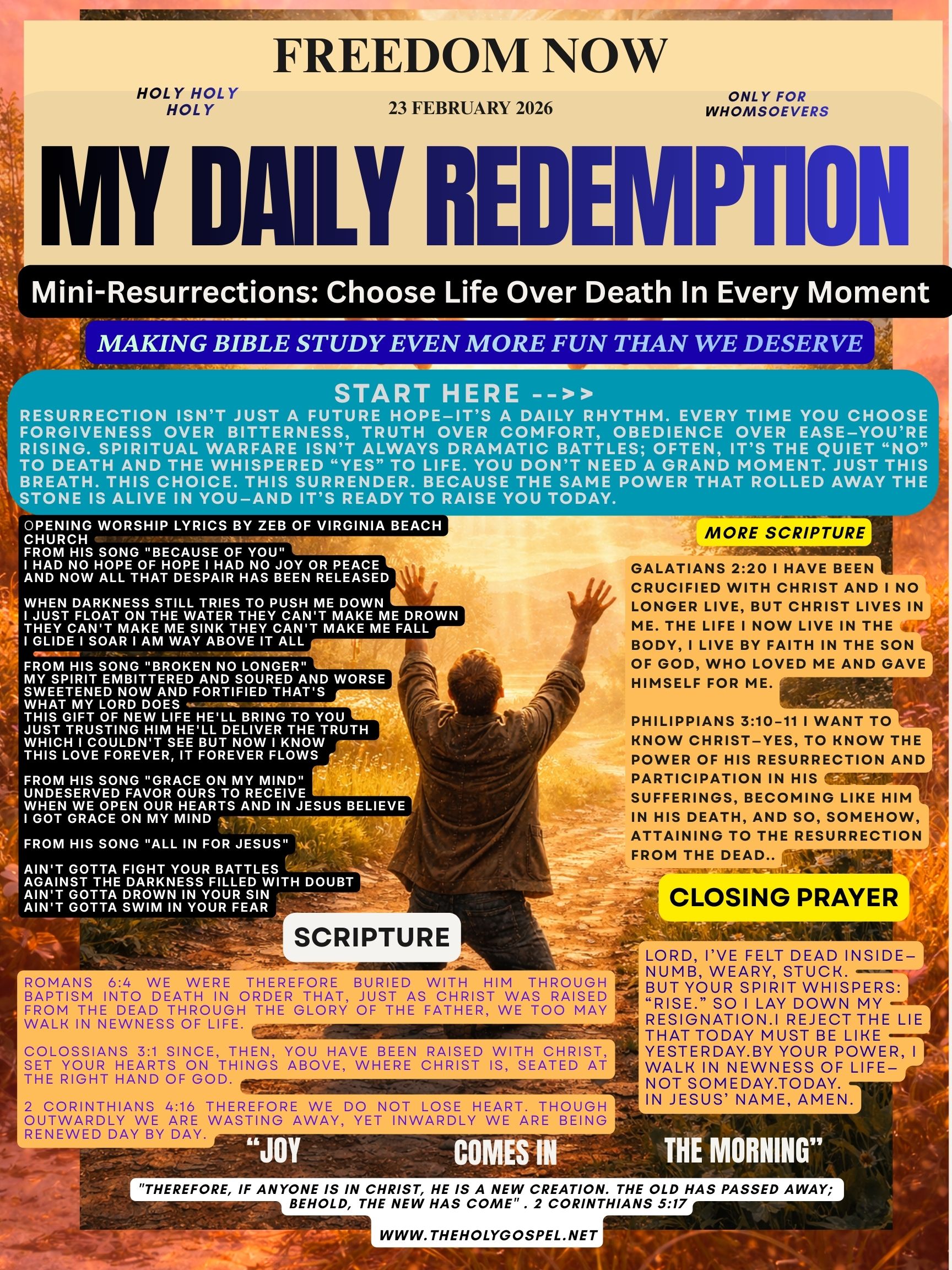How To Pray With The Emotional Urgency Of King David In The Psalms
Introduction
Praying is a spiritual practice that is essential to any devout believer. And no one understood the emotional urgency of prayer more than King David. His prayers in the Psalms reflect his deep love for God, and the importance of maintaining a relationship with Him through prayer. In this blog post, we’ll explore how to pray with the emotional urgency of King David as seen in his Psalms. From understanding the power of faith-filled words to using emotion when praying, this article will equip you with tips on how to draw closer to God through prayer.
King David’s Example
King David’s example of praying with emotional urgency can be found throughout the Psalms. In Psalm 23, for example, David writes, “The Lord is my shepherd; I shall not want. He makes me lie down in green pastures. He leads me beside still waters. He restores my soul.” This psalm reveals David’s deep trust in God even in the midst of difficult circumstances.
In Psalm 27, David writes, “The Lord is my light and my salvation; whom shall I fear? The Lord is the stronghold of my life; of whom shall I be afraid?” Again, we see David’s complete trust in God even when faced with danger and uncertainty.
David’s prayers are a model for us of how to approach God with emotional urgency. When we pour out our hearts to God, He hears us and He will respond according to His perfect will.
What is the Psalms?
The Psalms are a collection of 150 ancient Hebrew poems or songs. David, the sweet psalmist of Israel, is traditionally credited as the author of at least 73 of them. The Psalms are divided into 5 sections, each closing with a doxology (Psalm 103-107, 111-119, 120-134, 135-137, 138-150).
The Psalms express every human emotion from despair to exultation. They are honest and raw in their expression of both positive and negative emotions. Many of the Psalms are imprecatory, meaning they express a desire for God’s judgement on the wicked. This may seem harsh to our 21st century sensibilities but we must remember that the Psalms are expressions of an era when life was brutal and justice was hard to come by.
In addition to being emotional poetry, the Psalms are also didactic; that is, they teach us about God and how we should relate to him. They show us what it looks like to have a healthy relationship with God – one filled with worship, adoration, thanksgiving, confession and petition. The Psalms also teach us how to pray when we don’t feel like praying; when we are angry with God or feeling abandoned by him. In short, the Psalms show us how to pray authentically from the heart in all circumstances.
The Power of Prayer
When we pray with the emotional urgency of King David in the Psalms, we are tapping into a powerful source of strength and guidance. David was a man of great faith who trusted in the power of prayer to help him through difficulties and challenges. In the Psalms, he pours out his heart to God, asking for help and guidance. His prayers are full of emotion, and he often cries out to God in desperation.
David’s prayers are a model for us when we feel like we are facing insurmountable odds. We can turn to God in prayer, pouring out our hearts and asking for help. We can trust that God will hear our prayers and will guide us through whatever challenges we may face.



